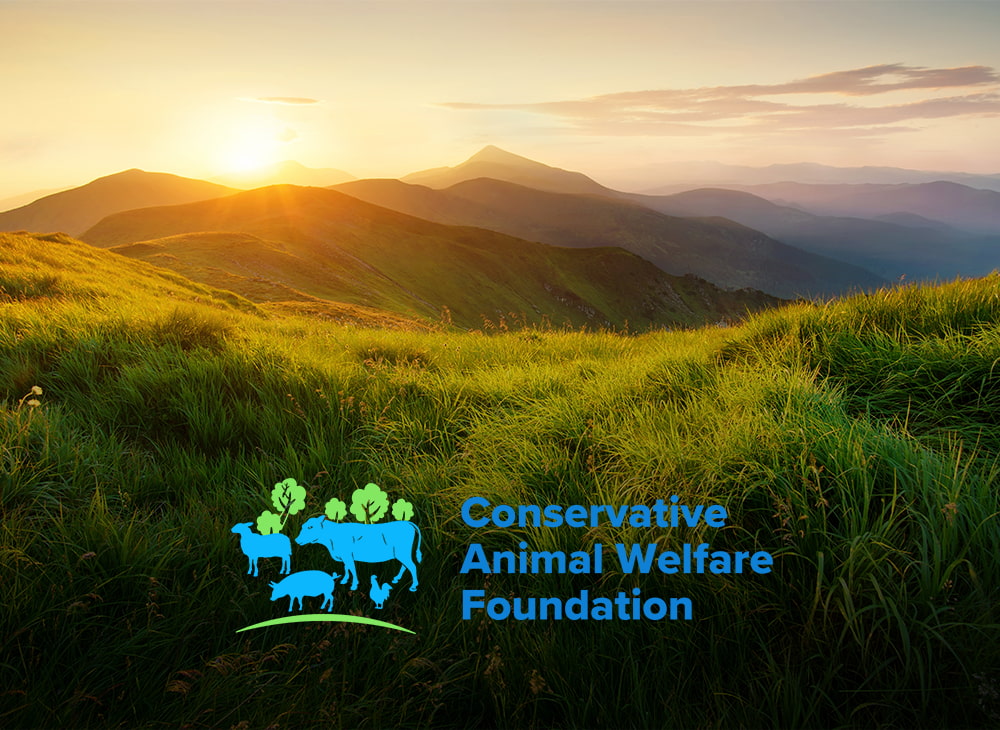Article featured on ConservativeHome, 4 November 2020
The Agriculture Bill is due to complete its final Parliamentary stages today. This is a Bill which I introduced to the House of Commons when I was Environment Secretary. In putting the environment at the heart of our new system of farm support, it is one of the most important environmental reforms for decades.
Dismantling the Common Agricultural Policy is a key benefit of Brexit. But this legislation has been overshadowed by arguments over trade. I recognise the benefits of trade liberalisation, but applying purist Ricardian economic principle in an unconstrained way to agriculture would be wrong – which is why almost no country in the world treats food in the same way as other commodities when it comes to trade policy.
Exposing our farmers to unfettered competition from lower-cost, lower-welfare imports, such as intensively reared feedlot beef fed on soy (contributing to deforestation in the Amazon), would undermine our commitments on the environment and animal welfare, as well as damaging the rural economy.
That is why I voted for amendments to require food imports covered by new trade agreements to comply with environmental and animal welfare standards which are equivalent to our own.
These amendments were defeated, but the Government has responded to the concerns I and others have raised on trade and food. It has established a Trade and Agriculture Commission Trade to advise ministers on ensuring that our approach to trade does not undermine our animal welfare, food production, and environmental standards, and to identify new export opportunities for UK farmers.
At the weekend, Ministers gave a commitment to place the Commission on a statutory footing and tabled an amendment to the Agriculture Bill to place a duty on the Government to report to Parliament on whether commitments in new free trade deals relating to agricultural goods are consistent with maintaining UK levels of statutory protection in relation to human, animal and plant life and health; animal welfare; and environmental protection.
This is a significant step forward in the campaign to ensure UK farmers are not unfairly undercut by imported food produced to lower standards than would be lawful in this country.
But another key development came in the article written for the Mail on Sunday by George Eustice and Liz Truss, the Environment and Trade Secretaries, in which they said that “chlorinated chicken and hormone-injected beef are already banned in the UK and we will not negotiate to remove that ban in a trade deal”.
Ministers have frequently highlighted the bans on these controversial products, but up until that article, they had been equivocal on the question of whether the Government would ever ask Parliament to repeal them. Now we have confirmation that allowing food into the UK which violates these bans has been removed from the negotiating table, despite pressure on this from the US negotiators.
In the light of these important compromises, the Lords are unlikely to persist with the amendments they have adopted on food and trade, and I would expect the Agriculture Bill to complete its passage through Parliament this evening.
But whilst real progress has been made, the battle to ensure our trade policy goes in the right direction continues. There are other important restrictions on food imports which we need to defend, such as the ban on ractopamine in pork, bovine somatropin in dairy products, and excessive use of antibiotics.
Like the rules on hormones in beef and chicken washed in disinfectant, the primary purpose of these rules is to protect human health. But their effect is also to secure higher animal welfare. For example, deploying an “end of pipe” disinfectant treatment of chicken carcases is used to compensate for poor hygiene practices during the lifetime of the chicken, and facilitates more cramped and unhygienic conditions for rearing birds.
I would acknowledge that requirements which explicitly focus on animal welfare are rare in trade treaties.
But this is a Government which has been elected with stronger commitments on animal welfare than ever before. We should use our new status as an independent trading nation to build a global coalition for improved welfare. After all, the US frequently uses trade deals to impose conditions on its trading partners, for example on matters such as intellectual property. Indeed, the US has itself fought lengthy battles in the WTO to defend its rules on protecting animals such as turtles and dophins.
The debate on the Agriculture Bill may be about to draw to a close, but the task of scrutinising UK trade negotiations is only just starting, and will require continued vigilance by Parliament. Our negotiators should stand firm and refuse to remove restrictions or reduce tariffs on food unless it is produced to standards of animal welfare and environmental protection which are as good as our own.
The UK market for food and groceries is the third largest in the world. It is a massive prize for any country to be allowed greater access to it. We should not sell ourselves short.


